Tim Siemens
Tim Siemens is the Chief Technology Officer with Online Business Systems. We asked Tim to share his insights with us on the top 3 technology trends in 2018.
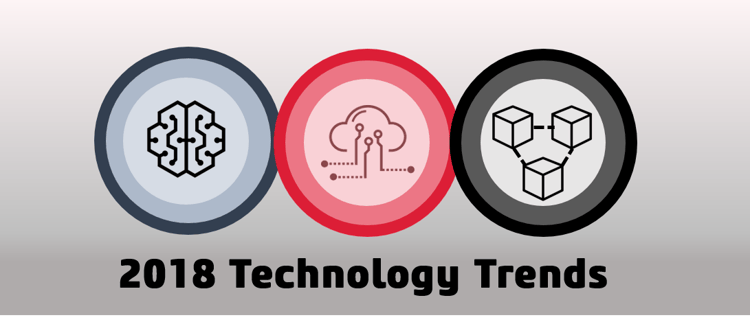
As the CTO for Online I am often asked “What technologies are going to have the most impact on industry this year?” and “how are they already effecting industries today?” These are questions I ask myself constantly as well. The rate of change in technology is accelerating so rapidly that is hard for any company to keep up, let alone lift their heads up to take a breath and look around.
When I think about 2018, there are three trends that standout from the pack. Admittedly these aren’t necessarily a big surprise to most people, but they are most definitely trends that we need to pay attention to as they are disrupting how life and business work: Artificial Intelligence (AI), Internet of Things (IoT), and Blockchain.
|
|
1) Artificial Intelligence (A.I.) |
There is no denying that the momentum behind A.I. is very strong. In fact, some are saying that A.I. today is at a similar adoption maturity state as the Internet was in the mid to late 1990’s. There are many examples of A.I. being used in the market today – Google uses it every day to help with search predictions, ridesharing apps like Uber use it, and chatbots are increasingly being used by companies to greatly enhance their customers experiences.
We see more of our clients trying to determine how A.I. can help them grow their business or simply increase productivity. I recently met with one of our clients who has deployed an entire team/department to investigate, develop, and deploy their first Robotic Process Automation (RPA) solution to replace an entire set of form based and quasi-manual processes. Going forward we are going to be seeing more and more examples of A.I. affecting our everyday lives.
Naturally with new technology, there will be some bumps in the road along the way. While our clients are looking to adopt A.I. in creative ways, the biggest challenge they are facing is lack of knowledgeable A.I. staff. Gartner reports that lack of necessary staff skills is the number one challenge companies are facing when it comes to adopting A.I.
That being said, as it stands now (and opposed to the fears of many), A.I. is actually creating jobs in many companies, not killing them.
|
|
2) Internet of Things (IoT) |
The second prevailing trend for 2018 is easily “Internet of Things” (IoT). IoT is not new –but its adoption is dramatic and it is transforming how we live and conduct business. A common example of how far this has come is the rise of “smart” devices in our homes. Televisions, fridges, even lightbulbs can now be controlled by your phone or tablet.
|
IoT can generally be defined as "... a network of physical devices, vehicles, home appliances, and other items embedded with electronics, software, sensors, actuators, and connectivity which enables these objects to connect to exchange data." (Wikipedia)
|
Due to the increasingly lower costs (and size) of computers and sensor computing, IoT is having a big impact on just about all industries, not only in the home. It’s not only residential lightbulbs that can be controlled wirelessly – but entire commercial buildings.
Food traceability is another interesting example. Almost every aspect of food – from the farm to the kitchen table – has the potential to be monitored from some system of automation. Sensors can ensure animals are receiving the right treatments at the farm, they can control the temperature of food while in transport, and they can track how long a food item has been in the market for.
It is hard for many companies to see how IoT will affect them, or how it can be leveraged to their advantage. What IoT can enable is amazing, but the design thinking required to really explore the possibilities represents a large change to traditional systems design.
|
|
3) Blockchain |
The third trend for 2018 is Blockchain. Blockchain is easily one of the most transformational and not yet understood technologies of our time; if you work anywhere near the tech sector you’ll have undoubtedly heard this term before. Blockchain is a type of distributed ledger that is cryptographically secure and non-repudiable.
|
Blockchain is technology that allows you to conduct digital transactions without a third-party intermediary like a bank or government body to authenticate and record transactions.
Blockchain can faciliate the exchange of digital currency or peer to peer contracts.
|
Blockchain can help eliminate expensive and timely reconciliations between trading partners, allowing for near instantaneous transactions and clear visibility into transaction history - and this is a game changer. Governments, banks, and nearly all industries are investigating how Blockchain can help make processes and transactions such as land sales, financial transactions, or digital assets more secure and efficient.
Blockchain is still in its infancy, with questions of security and legal frameworks still up in the air. Many industries – including those listed above – are in the experimentation phase, trying to learn just how it can help them improve processes and efficiencies. While HOW Blockchain will be used is still up for some debate, there is no question that it WILL be used and that it will change how digital transactions take place.
In future posts I plan on breaking down A.I., IoT, and Blockchain even further to show the profound effect they will be having on industries of all kinds. If you would like to learn more about how Online is utilizing these technologies feel free to leave a comment below or reach out to me directly.



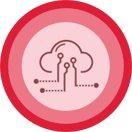
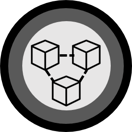

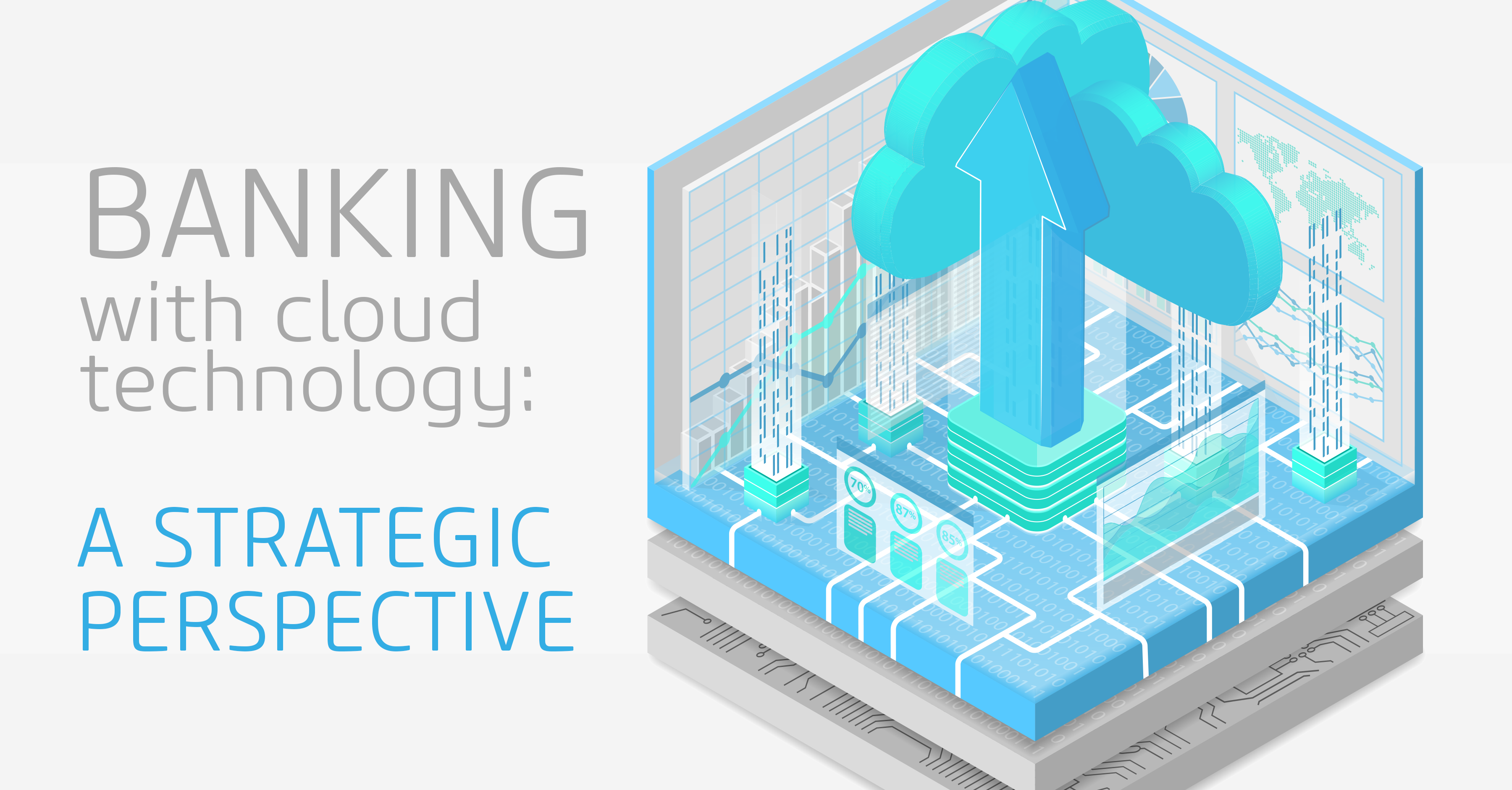
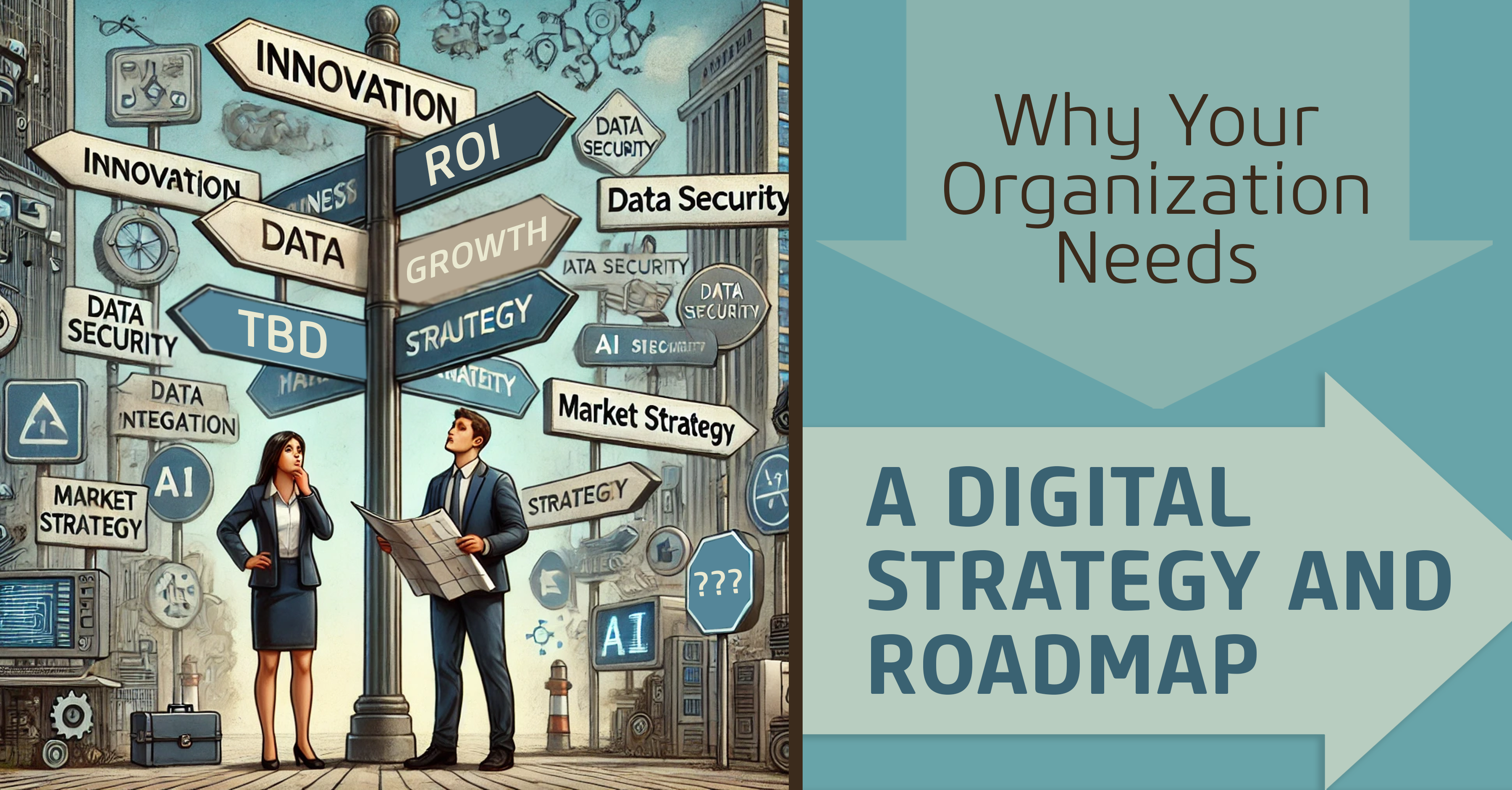
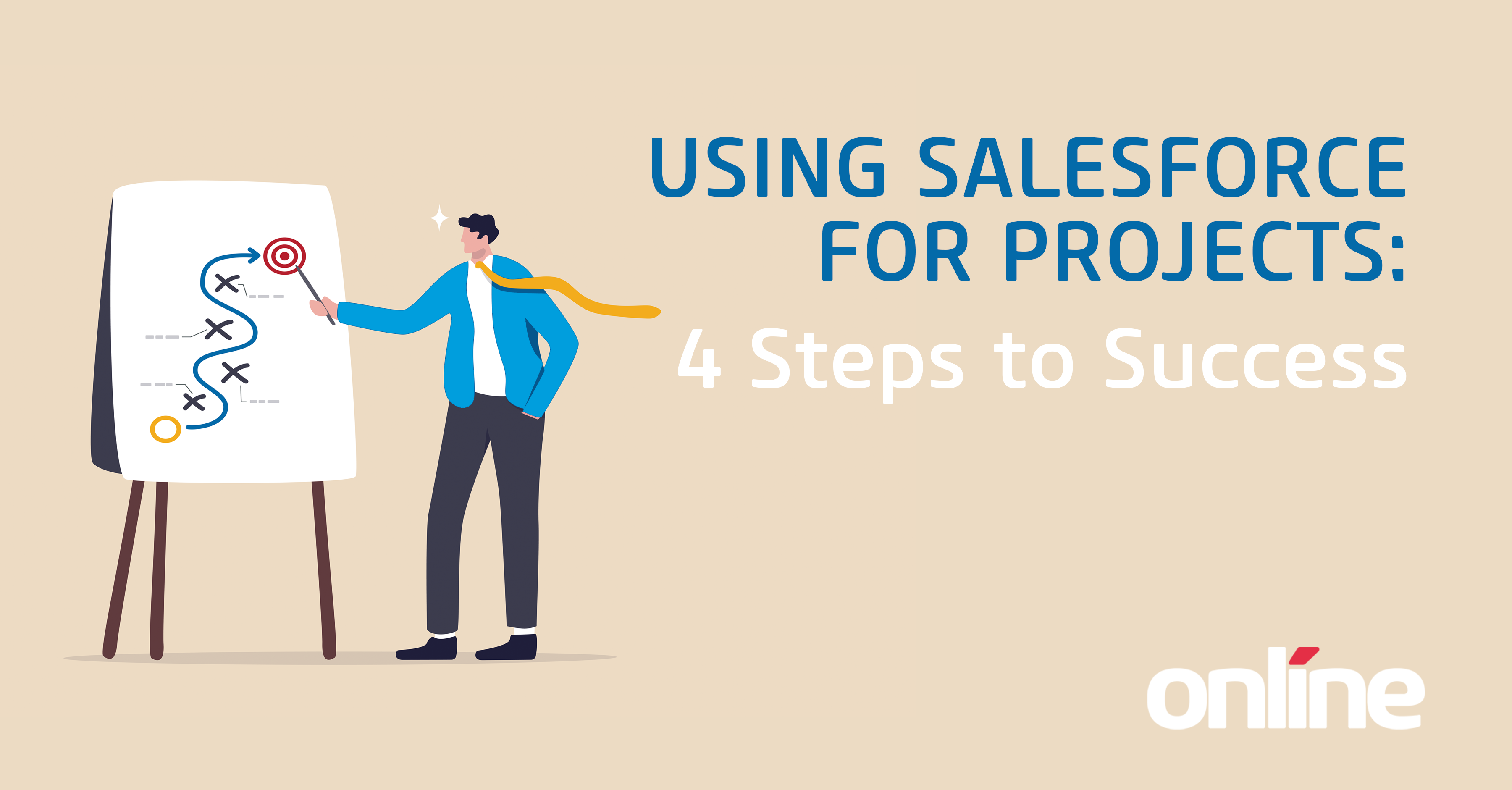
Submit a Comment